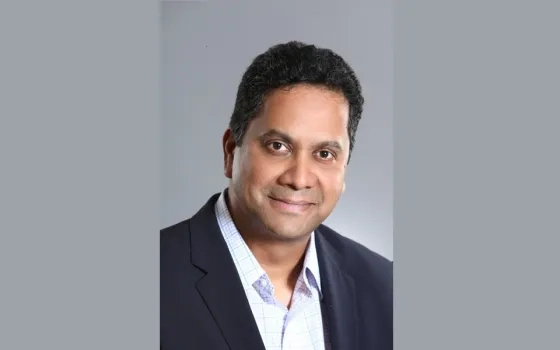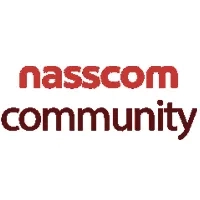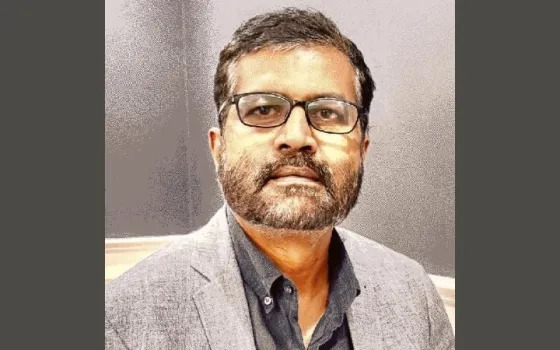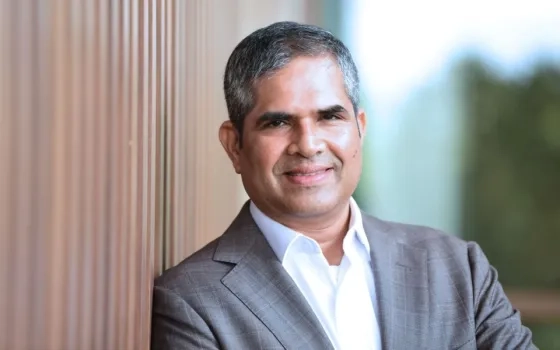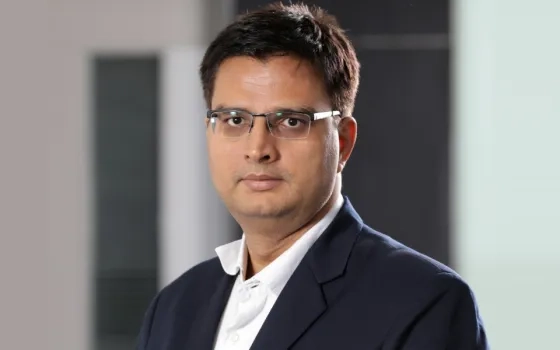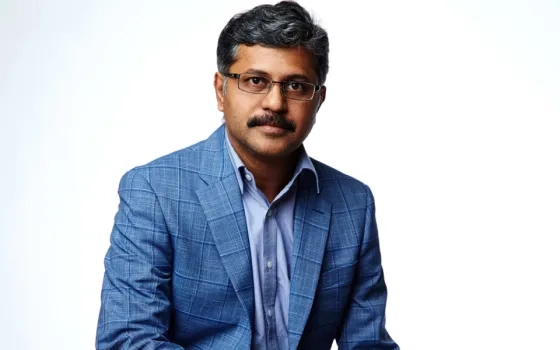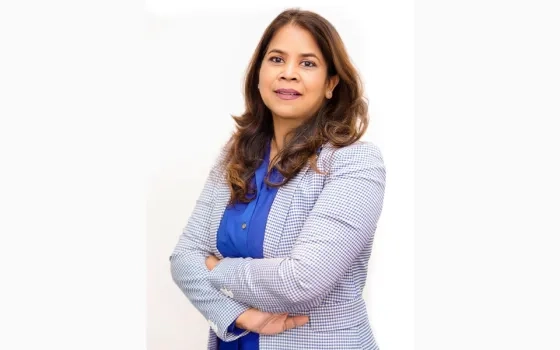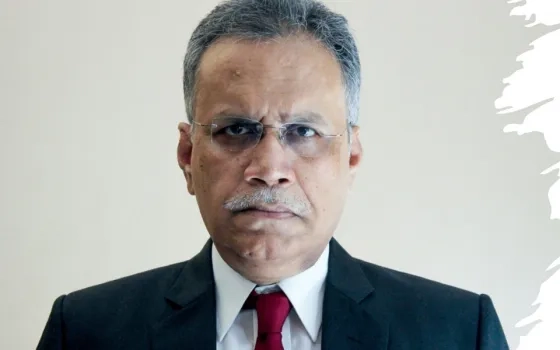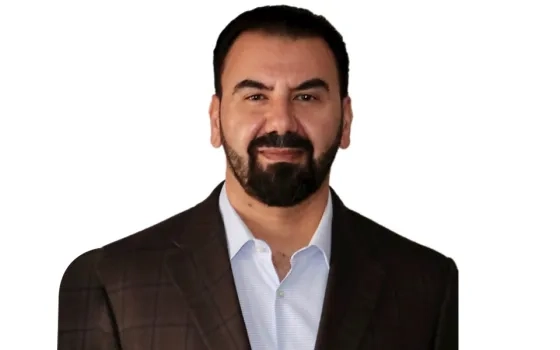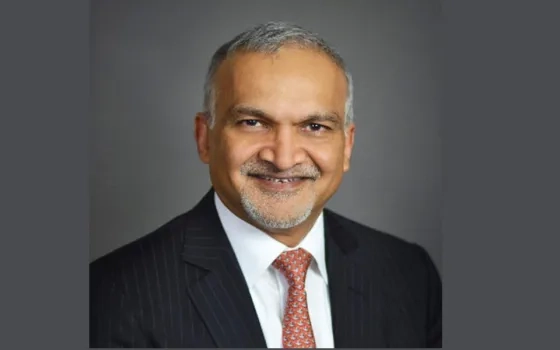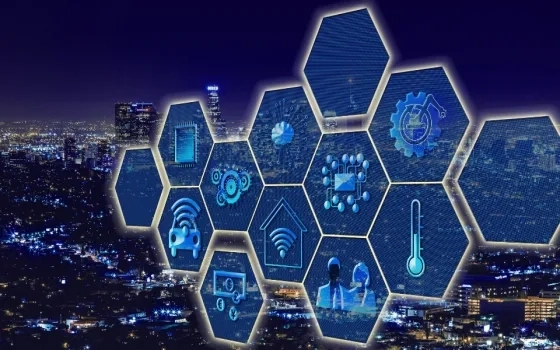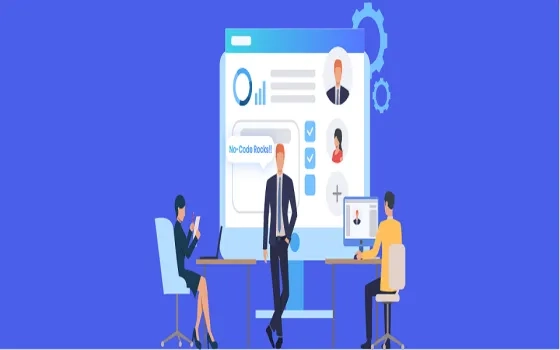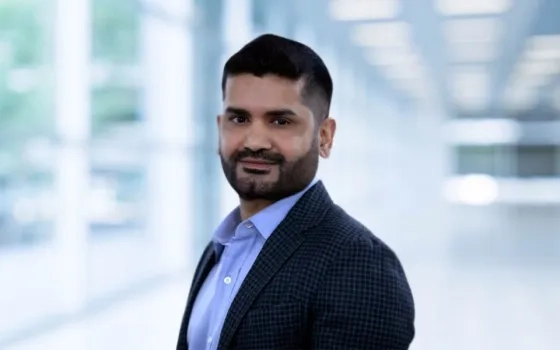“India has the talent, scale, and mindset to lead in this next frontier - but we must build for where the market is going, not where it’s been.”
- Please take us through your professional journey with HCLTech and transition to Encora.
Over the last 25 years, I’ve had the privilege of being part of the evolution, transformation, and now, the next generation of the global technology services industry.
At HCLTech, I spent two decades across multiple leadership roles between 2003 and 2023, before leaving to join Encora. These were decades that saw massive evolution of the technology services industry led by Indian-headquartered service providers. I was part of the founding team that built the infrastructure services business at HCLTech, taking on the stack below the application layer, and scaling the business from under $50 million into a multi-billion-dollar global offering.
I was part of that very early transformation of global services beyond traditional application services or infra support services to these transformative global managed services or large scale outsourcing partnerships. We were disrupting an industry that was evolving and infra was becoming more and more important to the enterprise transformation and performance. Applications and business performance were increasingly dependent on complex networks, data centers, and infrastructure. And there was an opportunity to manage it all with tools, processes, and remote global delivery.
After leading the North America and Latin America business, I joined the executive leadership team and was asked to move to a strategy role to define HCL’s global strategy beyond infra, at an organizational level. In the next couple of years, the mode 1-2-3 playbook evolved and was implemented. This role gave me deep exposure to enterprise transformation technologies and how service offerings should evolve.
Later, I led HCLTech’s digital analytics practice globally, which included everything in application services, cloud native modernization, data and analytics and design services. Eventually this business also came to include global application services delivery globally, and the practice was renamed to digital business, growing to nearly $4 billion between 2017 and 2023. That business contributed to over half of the company’s growth during that time, and I had a front-row seat to the shift towards cloud, data, and digital transformation.
Around 2020, and in the post pandemic acceleration of global digital adoption I began thinking about where the industry would go over the next 15 years. It became clear that we were entering a cloud-first era, AI first era where composability of the enterprise would redefine everything. Cloud gave enterprises ubiquitous access to data, compute, security, and resilience. That created new opportunities to deliver value to customers, employees, and partners in radically different ways.
This shift transformed how they will choose their service providers, and I felt a strong pull to build something native to this new stack.
That’s what led me to Encora. When I looked at the company three years ago, Encora was already helping digital natives and enterprises adopt cloud, data, and AI in transformative ways. It wasn’t burdened by legacy. It was digital-native in its thinking, engineering-led in culture, and ready to shape the future. It felt like the right place to build the next generation of technological services.
- Encora is recognized as one of the fastest-growing engineering services companies globally. As CEO, what are you driving at Encora, and how is it different from others in the industry?
One of Encora’s biggest strengths lies in our core DNA. We grew up helping some of the best Silicon Valley and west coast-based SaaS companies and digital native companies solve complex, high-scale engineering challenges. These companies needed more than just development, they needed partners who understood how to harness cloud, data, and AI to build composable, intuitive, and resilient platforms, at speed.
That experience shaped our core and is why we build with the precision and agility that some of the world’s most innovative companies’ demand. Over the last decade, we’ve brought this same mindset to enterprises across Hi-tech, RCPG, Automotive, BFSI, and other verticals, modernizing their technology stacks and enabling new business value chains through our digital-native capabilities, agile delivery, and deep domain knowledge.
That DNA shows up in how we engage and deliver value. We’re not concentrated in one geography, we're global. We have 9,500+ engineers, designers, and domain experts. While headquartered in Silicon Valley, we are distributed across the US, Eastern Europe, Latin America, India, and East Asia.
This balance of onshore, nearshore, and offshore helps us meet the innovation velocity of our customers wherever they are, whether through proximity or global delivery cost efficiency. In recent years, we’ve also doubled down on vertical-specific capabilities, helping clients rethink their models through AI, agentic platforms, and purpose-driven composability.
Our global acquisitions have supported this vertical strength, giving us scaled capabilities in data, cloud, and application engineering. Many leaders from these acquisitions remain with Encora, enriching our leadership and delivery. Our top 100 customers have grown at a 30% CAGR over the last few years, testament to the strength of our organic and inorganic growth strategy.
- What company strategies distinguish Encora from others - particularly in delivery, GTM, partnerships, and talent?
We’re scaling our core strengths to help digital natives modernize their stacks with AI, data, and cloud, enabling platform growth and reducing engineering cost through AI-driven productivity.
Some of the most disruptive digital-native brands across verticals are our customers.
On the enterprise side, our revenues have nearly tripled in the last four years. Enterprises value our engineering-first mindset, global delivery that enables scale and consolidation, and our ability to drive innovation, not just cost arbitrage.
We’re also co-creating with clients to transform their GCCs from cost centers to digital innovation hubs. Often, we work alongside traditional providers, but our role is to catalyze change.
We’re not anchored in SaaS implementations. Being cloud, data, and AI-native, we focus on business-first problem-solving and composable architectures. That shows in our partnerships, we’re among the fastest-growing partners for AWS, Azure, GCP, Snowflake, Databricks, NVIDIA, and more. These are co-creation partnerships, not just technical alliances. We build capability- and domain-led solutions jointly with them for our shared customers.
Because we’ve always been digital-native, we didn’t have to transform, we evolved with the space. But even digital-native companies must keep pace. That’s why curiosity and learning are core to our talent culture.
- How has Generative AI enhanced your product engineering and modernization capabilities?
GenAI, and AI more broadly, is fundamentally transforming the software development lifecycle (SDLC). We are embedding intelligence across every layer, from design and ideation to testing, release, and observability.
Since most of our work is already cloud and data-native, we had to rethink the SDLC end to end. We've integrated GenAI tools and methods into every phase, with observability and compliance built in. This has compressed development timelines across data, AI, application, and infrastructure layers.
For digital natives, 40% of our customer base, this is expected. Their SDLCs are already 4–5 years ahead of the enterprise. They run some of the most advanced platforms globally. So, we had to evolve fast to keep our teams and methodologies aligned.
Our proprietary AIVA framework brings together GenAI models, governance, ethics, language models, and compliance, fully embedded into engineering workflows. All 9,500 of our engineers are AIVA-trained and begin every engagement by assessing customer and stack readiness through this lens.
For enterprises, the goal isn’t just velocity, it’s AI-led transformation of the business value chain. That starts with data. We're helping clients modernize their data stacks, build AI CoEs, clean up data lineage, and build enterprise-grade ML and AI Ops platforms.
- How do you see the impact of recent US tariffs on engineering activity and spending in the short vs long term? Are there more future opportunities for outsourced engineering firms?
Tariffs created short-term uncertainty in select verticals, but others continued with secular growth. Our vertical diversification has helped us maintain strong momentum.
In fact, the AI-led modernization wave has counterbalanced tariffs and macro pressures. Enterprises are reinvesting in modernization, and since that’s our core focus, we’re at the center of this wave.
There’s significant opportunity for engineering-native firms like us, particularly with digital natives and product companies who prefer working with firms like Encora over traditional service providers.
The conversation has shifted from cost to capability. Enterprises are asking, who can help us adopt AI, modernize platforms, compose business value chains, and deliver outcomes at the intersection of AI, data, and cloud, faster?
Encora, with its AI-native, cloud-native, and data-native DNA, is becoming a strategic partner, not just for projects, but for co-building GCCs, reimagining platforms, and transforming operations.
So yes, the opportunity is real, but it’s not for everyone. It’s for firms that are engineering-first, velocity-driven, and focused on co-creation, not just legacy optimization.
- Any closing thoughts for Nasscom and the industry?
If you look back, the services industry has gone through three tectonic shifts:
The Offshoring Era: This created entirely new models, companies, careers, and value chains.
The Cloud & Internet Era: This gave rise to agile-native, nearshore-native, engineering-focused firms.
The AI Era: That’s where we are now. And it’s not just reshaping delivery models. It’s reshaping everything, how talent is cultivated, how businesses are run, and how new leaders and brands emerge.
For India, this is a defining opportunity. The next wave of growth will not come from traditional IT services but from engineering-native, mid-size firms like ours that are global, nimble, and built for the future. That’s where the market is going to shift in the next few years.
We have around 10,000 people today, half of them in India. We’re backed by two of the world’s largest private equity firms. We’re not public yet, but we have every intent to get there in the next few years.
Encora is already a destination for some of India’s smartest and most ambitious engineers, designers, business analysts, and tech leaders who want to build the next wave of digital platforms. We’re not just talking about AI; we are actively building with it.
And for Nasscom and the broader ecosystem, this is the moment to spotlight a new breed of companies that are leading the way in AI, cloud, and composability.
We’re excited to be part of that journey.



